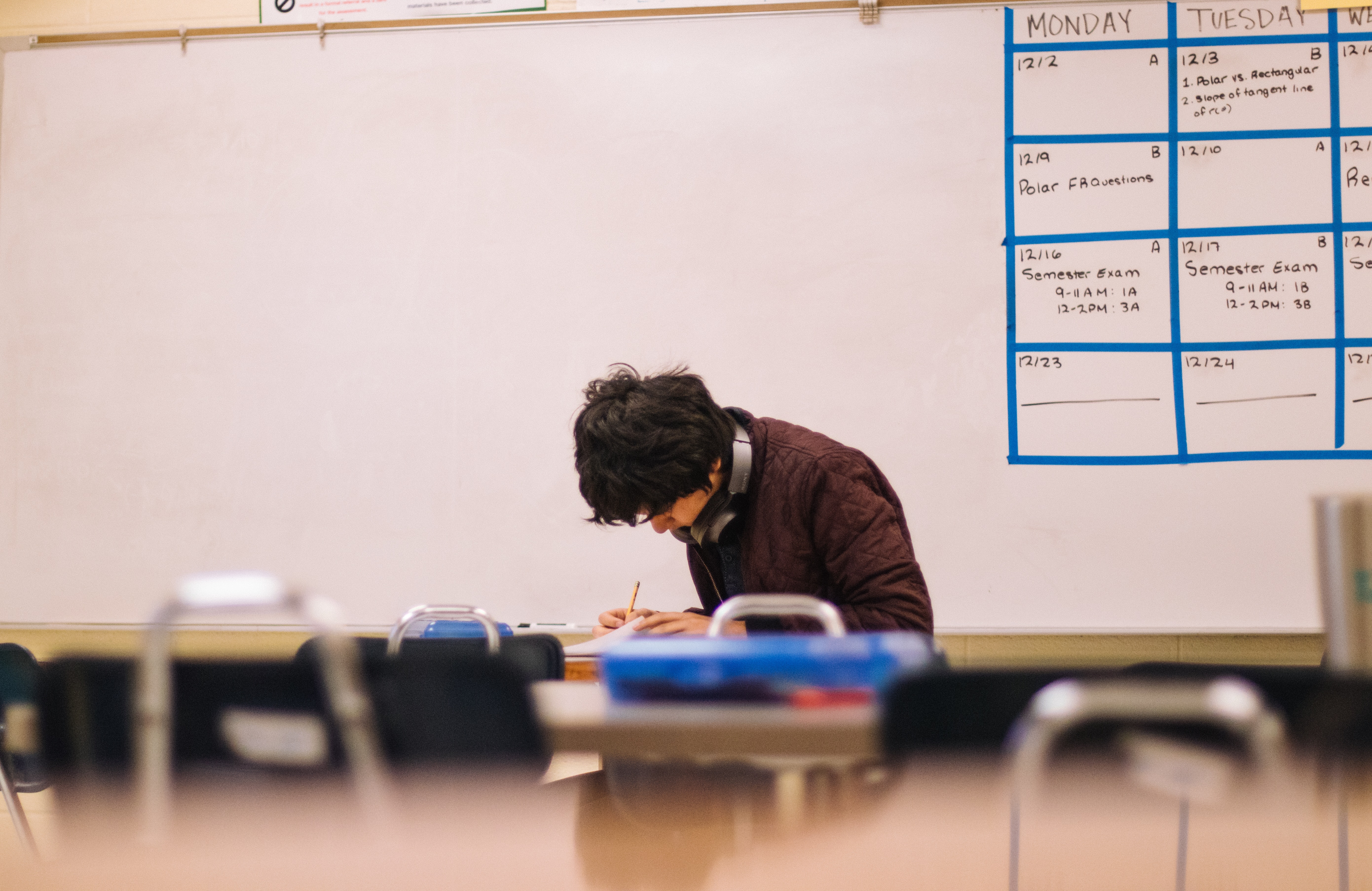
Should You Take Lessons If You Don’t Want a Music Degree?
Let’s say you’re in middle school or high school. You love music, or at least like it enough to want to get better. But you have no plans to major in music, and you’re not trying to become a professional musician. Maybe you want to study engineering, education, or business. So the question comes up: is it worth taking music lessons anyway?
The short answer is yes. Private lessons are still one of the best ways to grow as a musician, build confidence, and make your life more fulfilling, now and in the future. Whether you play violin, guitar, piano, or sing, learning with a teacher can shape how you see yourself and how others see you.
For music lessons in Houston, Pearland, or the Richmond area, get in touch. We would love to speak with you about our offerings and availability.
Lessons Will Make You Dramatically Better
If you’ve ever tried to learn an instrument on your own, you know how confusing it can be. There’s no shortage of tutorials online, but it’s hard to tell which ones are worth following. You might find a few good tips, but there’s no system, no feedback, and no way to correct habits that you don’t even know are holding you back.
Working with a teacher changes all of that. Lessons give you structure and direction. A good teacher helps you fix things that don’t feel right and push past the plateaus that stop a lot of people from improving. You’ll learn new techniques and get insight into the music you’re playing. And week by week, you’ll actually see yourself improve. That feeling is motivating. It reminds you that your effort matters.
Your Skill Will Make You Stand Out
Being really good at something, and especially something as hard and visible as music, can change how you carry yourself. Playing a challenging piece or nailing a solo feels great. You’ve worked for it, and it shows. You’ll notice that people respect that. Whether it’s your classmates, your teachers, or your future college roommate, people tend to take notice when someone plays an instrument well.
In adulthood, this only becomes more meaningful. You’ll always have something you can do to unwind or to perform. You can play for friends, join a community group, or just sit down and enjoy the process. That kind of personal skill adds depth to your life in a way that few other hobbies can.
Music Creates a Social Life You Wouldn’t Otherwise Have
This might be one of the most overlooked parts of the experience. Once you’re confident enough to play with others, you open up a whole world of ensembles. Whether it’s band, orchestra, choir, jazz groups, chamber groups, or musicals, you’ll find yourself surrounded by other students who love making music together. You’ll make friends you never would’ve met otherwise, and the bonds that come from performing together can last for years.
Ensemble playing is also fun in a way that solo practice isn’t. There’s something about creating something together that’s more exciting than working through scales alone. You’ll hear your part in context, learn how to follow a conductor, and get better at listening. Those skills make you a stronger musician, and they make the experience more rewarding.
You Can Still Play in College, Even Without a Music Major
Here’s something most high school students don’t realize: many colleges have excellent music programs for non-majors. Even if you study computer science or psychology, you can often join an orchestra or choir. Some colleges even offer scholarships to non-majors who participate in ensembles, especially if you fill a spot that’s in demand.
College admissions departments also look for students who have committed deeply to something outside of academics. Being able to show years of consistent effort in music lessons tells a clear story: you’re focused, disciplined, and capable of long-term growth. Even if you’re not submitting a music portfolio, your resume speaks for itself.
Music Study Builds Discipline That Carries Over
One of the biggest long-term benefits of local piano lessons has nothing to do with music. It’s about the mindset you develop. Playing an instrument well takes time. It doesn’t reward shortcuts. You have to practice regularly, work through hard parts, and solve problems piece by piece. Over time, that shapes how you approach other areas of your life.
You get better at managing your time. You stop expecting instant results. You learn how to track progress, not perfection. These are the habits that help students succeed in college and beyond. They’re not always fun in the moment, but they build a kind of grit that’s hard to fake.
Lessons Aren’t Just for Professionals
There’s a misconception that lessons are only for people chasing careers in music. That’s not how it works. Lessons are for anyone who wants to grow, enjoy the process, and make something meaningful. You don’t need to be the best. You just need to want to learn.
At Cixi Music Studio, we teach students who plan to pursue music professionally, and many who don’t. Our teachers help students become confident in their instrument, explore new styles, and participate in musical groups both inside and outside of school. Whether you’re interested in piano, violin, guitar, or voice, you’ll have a place to grow at your own pace.
So if you’re not planning on a music degree, but music still matters to you, don’t rule out lessons. They might be one of the best decisions you make.





